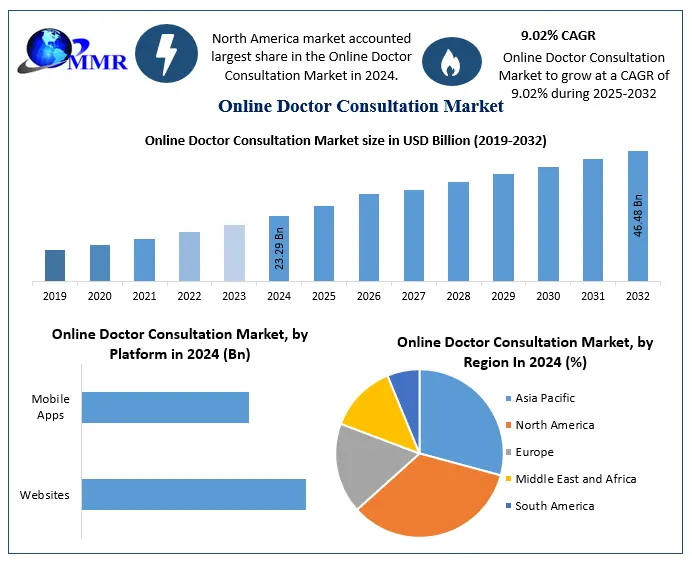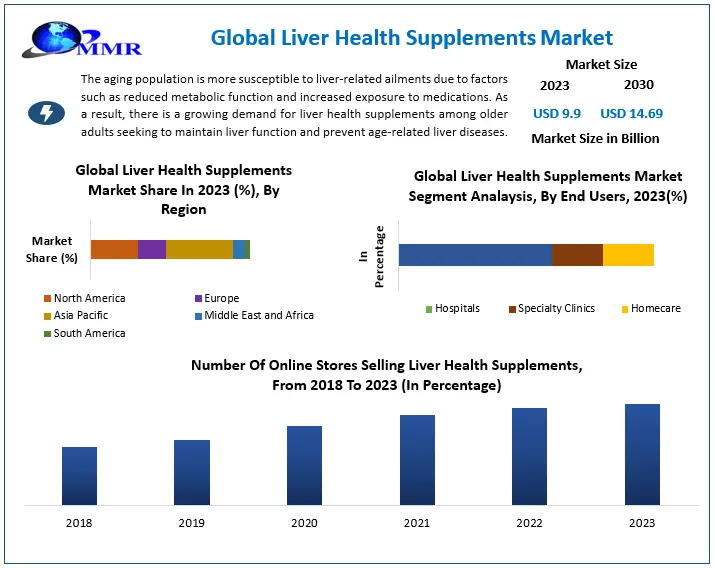The Global N95 Mask Market Size is projected to grow from USD 2.86 billion in 2024 to USD 3.13 billion by 2032, reflecting a compound annual growth rate (CAGR) of 14.52% over the forecast period. This growth is fueled by increasing awareness of respiratory health, rising prevalence of airborne diseases, and stringent workplace safety regulations.
1. N95 Mask Market Estimation & Definition
N95 masks are respiratory protective devices designed to achieve a close facial fit and efficient filtration of airborne particles. They are capable of filtering at least 95% of airborne particles, including bacteria and viruses. The market encompasses various types of N95 masks, including disposable and reusable variants, catering to medical, industrial, and personal applications.
2. N95 Mask Market Growth Drivers & Opportunities
A. Rising Prevalence of Airborne Diseases
The increasing incidence of respiratory diseases such as COVID-19, influenza, and tuberculosis has heightened the demand for effective respiratory protection. N95 masks have become essential in preventing the transmission of these diseases, particularly in healthcare settings.
B. Stringent Workplace Safety Regulations
Governments and regulatory bodies worldwide have implemented strict safety standards mandating the use of N95 masks in various industries, including construction, mining, and manufacturing. Compliance with these regulations is driving the adoption of N95 masks in occupational settings.
C. Growing Awareness of Air Pollution
Rising awareness of the health risks associated with air pollution has led individuals to seek protective measures. N95 masks offer effective filtration against pollutants, making them a preferred choice for personal use in urban areas with high pollution levels.
D. Technological Advancements
Innovations in mask design, such as the incorporation of nanofibers and antimicrobial coatings, are enhancing the efficacy and comfort of N95 masks. These advancements are attracting consumers seeking improved protective solutions.
3. Segmentation Analysis
By Type:
-
Disposable N95 Mask Market: Designed for single-use, these masks are widely used in healthcare and industrial settings due to their convenience and cost-effectiveness.
-
Reusable N95 Mask Market: Made from durable materials, these masks can be sanitized and reused, offering a sustainable option for long-term use.
By Application:
-
Medical: N95 masks are critical in healthcare environments to protect both patients and healthcare workers from airborne pathogens.
-
Industrial: Industries such as construction and mining utilize N95 masks to safeguard workers from dust and harmful particles.
-
Personal: Individuals use N95 masks for protection against air pollution and during outbreaks of infectious diseases.
By Material:
-
Meltblown Polypropylene: This material is commonly used due to its high filtration efficiency and breathability.
-
Activated Carbon: Incorporated for its ability to absorb odors and certain gases, enhancing the protective capabilities of the mask.
-
Nanofibers: Offer superior filtration while maintaining breathability, representing a significant advancement in mask technology.
By Grade:
-
NIOSH-Certified: Masks meeting the standards set by the National Institute for Occupational Safety and Health, widely used in the United States.
-
FDA-Approved: Masks approved for medical use in clinical and hospital settings.
-
CE-Marked: Indicates compliance with European health, safety, and environmental protection standards.
By Filtration Efficiency:
-
95%: Standard N95 masks that filter at least 95% of airborne particles.
-
99%: Masks offering higher filtration efficiency for enhanced protection.
-
99.9%: High-efficiency masks used in specialized settings requiring maximum protection.
4. Country-Level Analysis
United States:
The U.S. market is experiencing significant growth due to high awareness of respiratory health and stringent occupational safety regulations. The demand for certified N95 masks is particularly strong in healthcare and industrial sectors. Local production capabilities and innovation in material science further contribute to market expansion.
Germany:
Germany’s market is driven by strict environmental and workplace safety standards. The adoption of high-grade N95 masks is prevalent across various industries, including manufacturing and healthcare. Public and private sector collaboration is playing a role in improving mask quality and accessibility.
5. Competitive Landscape
The N95 mask market is characterized by the presence of several key players focusing on innovation, quality, and compliance with regulatory standards.
Key Companies:
-
3M Company: A leading manufacturer known for its extensive range of N95 masks catering to various sectors.
-
Honeywell International: Offers a diverse portfolio of respiratory protective equipment, emphasizing comfort and durability.
-
Kimberly-Clark Corporation: Provides N95 masks designed for healthcare settings, prioritizing user comfort and protection.
-
Moldex-Metric, Inc.: Specializes in innovative respiratory protection solutions with a focus on sustainability.
-
Cardinal Health: Supplies a range of medical-grade N95 masks, supporting healthcare providers globally.
These companies are investing in research and development to enhance mask performance and meet the evolving needs of consumers and industries.
6. Conclusion
The global N95 mask market is poised for substantial growth, driven by heightened awareness of respiratory health, regulatory mandates, and technological advancements. As the demand for effective respiratory protection continues to rise across medical, industrial, and personal applications, manufacturers are focusing on innovation and compliance to meet market needs. The integration of advanced materials and sustainable practices will further shape the future of the N95 mask industry, ensuring safety and health for users worldwide.
Recent



